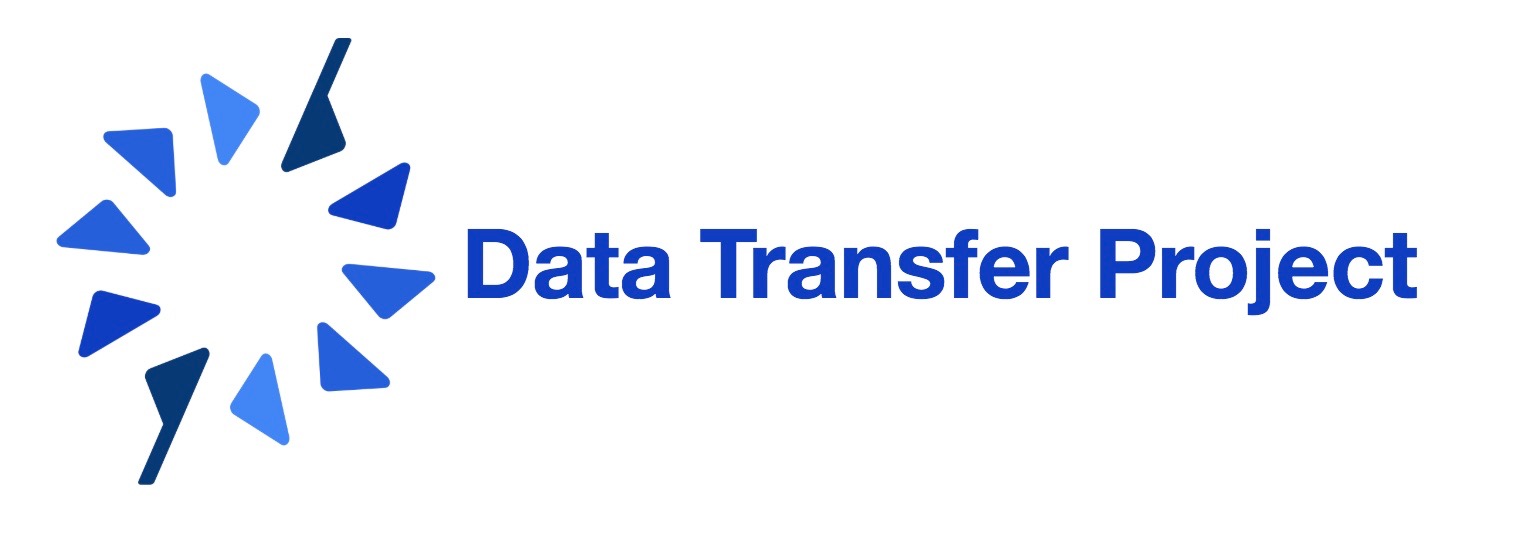Facebook, Google, Microsoft and Twitter join forces for data protection and portability
A dream team for open source data security

Sign up for breaking news, reviews, opinion, top tech deals, and more.
You are now subscribed
Your newsletter sign-up was successful
Once you’ve chosen a subscription service or social media network, it’s hard to give it up. Deleting Facebook means losing connections to friends, photos and memories. Cancelling Spotify Premium or Apple Music means losing all of your favorite playlists.
In other words, you have a lot of data to lose and little to no means of transferring it from one proprietary service to another. But, in the wake of the European Union’s GDPR ruling, that might all change for the better.
Microsoft, Google, Facebook and Twitter have set aside their differences and joined forces to create the Data Transfer Project, an open-source framework hosted on Github designed for "helping users securely and seamlessly move their data between service providers."

In a blog post, Google outlined the initiative’s goal of creating a “small set of standardized data formats that can be used by anyone.” Any participating company will give customers the option to convert their data from its proprietary API into the open-source format.
Then, those customers can upload that data into another competing service, and subsequently delete their old service account without regret.
“Portability and interoperability are central to innovation,” reads the Data Transfer Project mission statement. “Making it easier for individuals to choose among services facilitates competition, empowers individuals to try new services and enables them to choose the offering that best suits their needs.”
In Microsoft’s separate blog post announcing the initiative, it emphasizes that “strong privacy and security standards” are a point of emphasis for the project. They aim to prevent unauthorized access to data, as well as ensure that people know what information they’re giving away and how it will be used.
Sign up for breaking news, reviews, opinion, top tech deals, and more.
Following the Cambridge Analytica scandal, Facebook allowed users to download the data that it had collected from them. But now Facebook has taken the respectable step of letting users take that data to a competitor, if they so choose.
Promoting web-wide data portability
Google emphasizes in its post that the current project members “encourage the developer community to join us and help extend the platform to support many more data types, service providers, and hosting solutions.”
So, we could very well see other major tech companies join the group in the near future.

On the other hand, the Data Transfer Project essentially makes it easier for customers to leave your service whenever they want. This could make it a hard sell for some companies to join up with the project.
Nevertheless, with the European Union emphasizing strict, ethical data handling with its new laws, smaller companies may take advantage of this service and its founding members’ massive resources, in order to better protect users’ data.
Companies might also hope that by joining up, they can convince the massive user bases of sites like Twitter and Facebook to switch to their services instead, using the shared data platform.
But, will bigger companies like Apple join up? Only time will tell, though consumers and lawmakers might pressure them into accepting data portability as the new industry standard.

Michael Hicks began his freelance writing career with TechRadar in 2016, covering emerging tech like VR and self-driving cars. Nowadays, he works as a staff editor for Android Central, but still writes occasional TR reviews, how-tos and explainers on phones, tablets, smart home devices, and other tech.